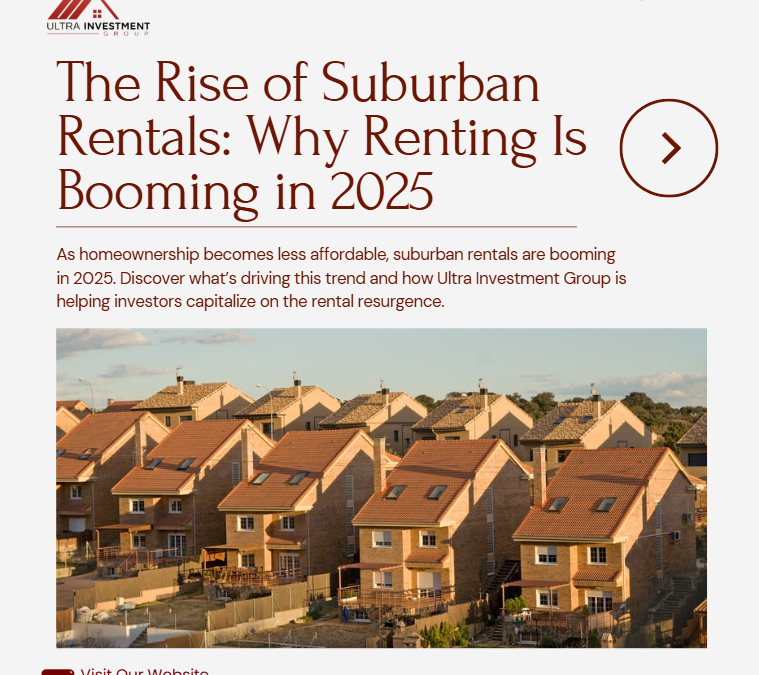📈 Why Private Credit Is the Hottest Trend in CRE Finance Today
In 2025, commercial real estate (CRE) financing is undergoing a major shift — and at the center of this change is private credit.
With traditional banks tightening lending due to rising interest rates, regulatory pressures, and economic uncertainty, private credit funds are stepping in to fill the financing gap. As a result, institutional investors, family offices, and even individual accredited investors are flooding into this booming space.
But what does this mean for real estate developers, investors, and the broader market?
Let’s break it down.
🔍 What Is Private Credit in Real Estate?
Private credit refers to non-bank, non-public loans made to real estate borrowers — often through private funds or direct lending platforms. These loans typically:
- Come from private equity firms, hedge funds, or institutional lenders
- Offer higher leverage and faster approvals than traditional banks
- Carry higher interest rates, often 9–14% annually
- Are secured by real estate assets like office buildings, multifamily units, warehouses, or mixed-use developments
Private credit is not new — but its scale and influence in CRE is rapidly growing.
📊 Market Trends Fueling the Surge in 2025
According to The Wall Street Journal and global investment managers:
- 🔺 Over $250 billion in global CRE loans are now managed by private credit funds
- 📉 Traditional banks have cut back real estate exposure due to regulatory stress tests and rising default risks
- ⚠️ Investors are seeking higher yields amid inflation and low bond returns
- 💼 Blackstone, KKR, Apollo, and Brookfield are raising record-breaking private credit funds focused on real estate
“Private lenders now play a critical role in keeping commercial property deals alive — but they also bring higher risk,” says a recent WSJ report. (source)
💡 Key Benefits of Private Credit in CRE
✅ Speed & Flexibility: Private lenders can approve deals in days, not months.
✅ Creative Structuring: Mezzanine loans, bridge loans, and preferred equity deals are easier to structure.
✅ Access for Niche Projects: Mid-market developments, repositionings, or high-risk locations are more likely to get funded.
🚧 Risks to Watch Out For
While private credit opens up capital, it also carries unique risks:
- 📉 Higher default risk: With higher leverage comes higher exposure to downturns
- ❗ Lack of regulation: Many private lenders operate with minimal oversight
- 🧨 Systemic risk: If too much private debt piles up on CRE assets, a market correction could snowball
Investors must perform deep due diligence — not all private lenders are created equal.
🧠 Is Private Credit Right for You?
Whether you’re a:
- 🏗️ Developer needing fast capital for a transitional property
- 💼 Investor seeking double-digit yield opportunities
- 📊 Fund manager building a diversified CRE portfolio
…private credit might be your edge in 2025.
But proceed with caution. Structure deals wisely. Partner with reputable lenders. And always weigh return vs risk.
📍 Real-World Example: The $150M Bridge Loan Boom
In cities like Austin, Miami, and Phoenix, developers are using private credit to secure bridge loans — short-term financing used to buy, renovate, or reposition properties before refinancing or selling.
A typical deal:
- $30M multifamily project
- Bank declined due to high LTV and uncertain cash flow
- Private lender offers 75% LTV bridge loan at 11% interest
- Developer flips property or refinances within 18–24 months
Win-win? Only if the market cooperates.
📈 Final Thoughts: What This Means for the Future
The rise of private credit in commercial real estate is one of the defining trends of 2025. It’s reshaping how deals are financed, who controls the capital, and how risk is distributed.
✔️ For savvy investors, it’s an opportunity to earn above-average returns in a capital-starved environment.
⚠️ For the broader economy, it introduces new risks that must be monitored closely.
As always: Knowledge is your greatest asset.
🔎 Frequently Asked Questions (FAQs)
Is private credit safe for real estate investing?
It can offer strong returns, but it’s riskier than traditional lending. Always research lenders and evaluate market conditions.
Who can access private credit funds?
Typically, accredited investors, institutions, or high-net-worth individuals.
Which property types are financed with private credit?
Multifamily, industrial, office, hospitality, and mixed-use — especially transitional or high-risk properties.
✍️ Ready to Explore Private Real Estate Credit?
Subscribe to our newsletter for weekly market insights, deal alerts, and private lender spotlights.
Get ahead of the curve — where the real estate money flows, opportunity follows.















